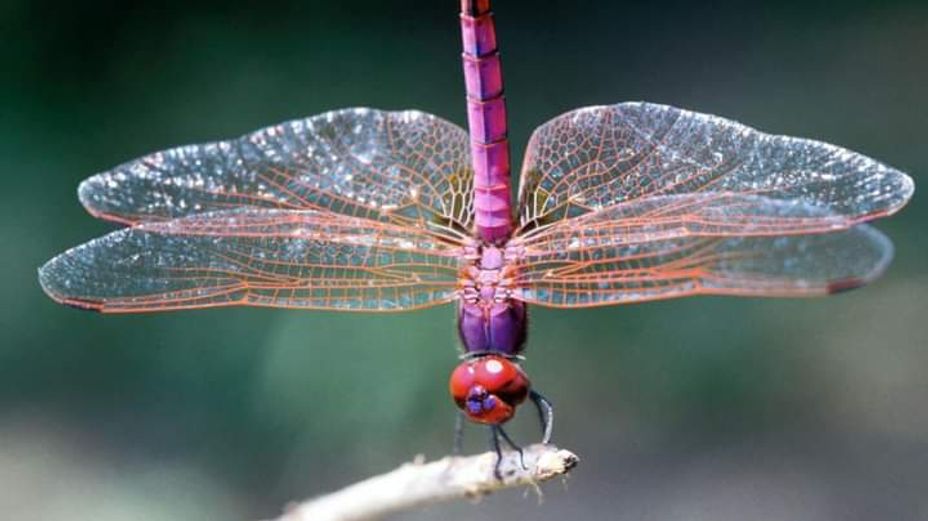healing
healing
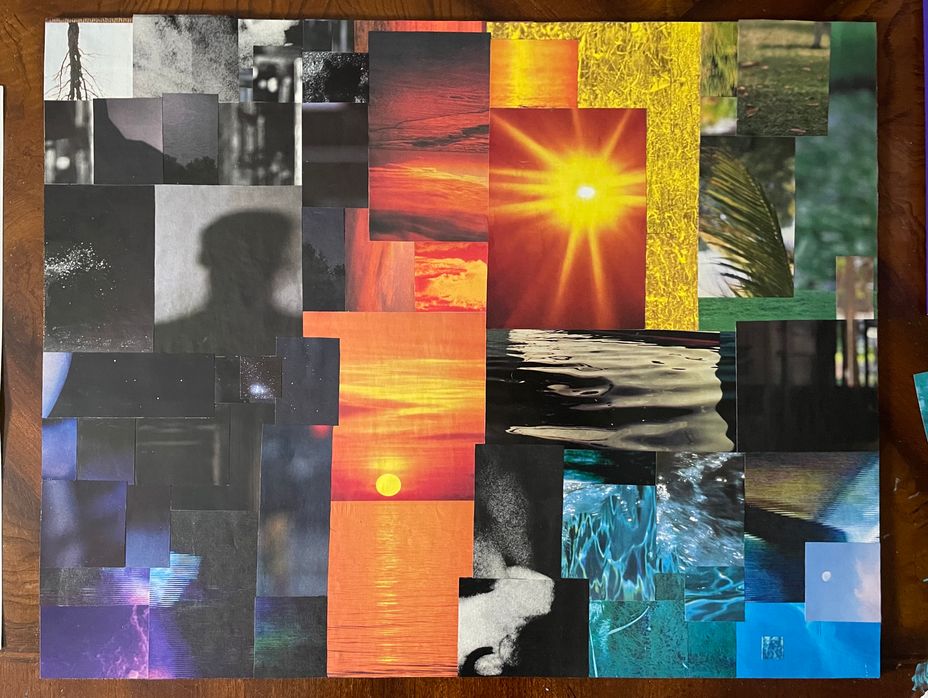
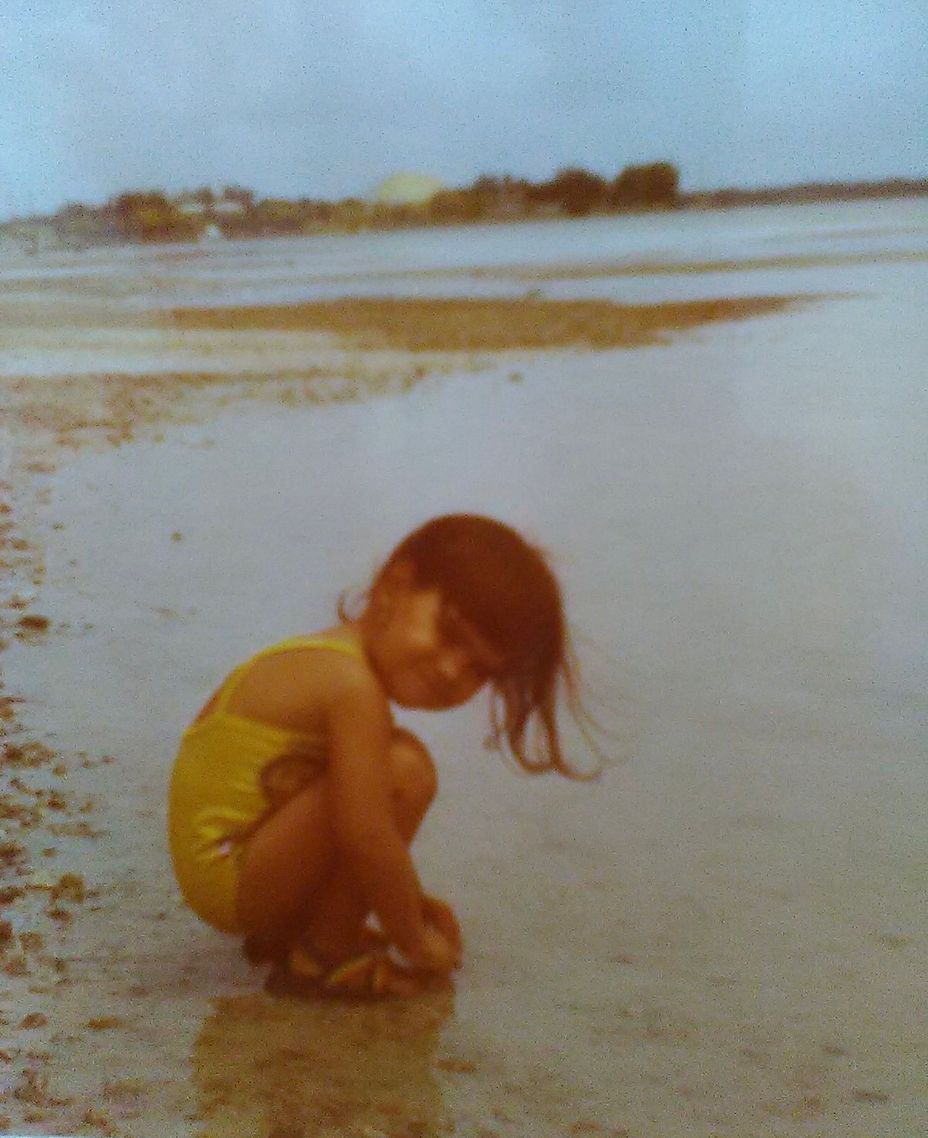
Today I realized that nature water sounds (like ocean waves, rain, running river water, etc) really help soothe, calm and ground me
I always knew being near natural water had this affect. But I didn’t realize how much just the sound of the moving water positively affected me. The visuals are definitely calming for me too, but the sound may have the greatest affect, probably because I can really feel it. It helps me relax and to breathe more normally, especially with ocean sounds— somehow, the rythym of the waves just reminds me to breathe 🌊
This reality allows me to listen to recorded versions of these sounds and experience the same affect I get when at the ocean or a river, or when it’s raining. Which is incredibly helpful because I cannot travel or spend as much time outdoors as I once did.
#grounding #Meditation #MentalHealth #rythym #Nature #earth #copingskills #Healing #artastherapy #NaturesArt
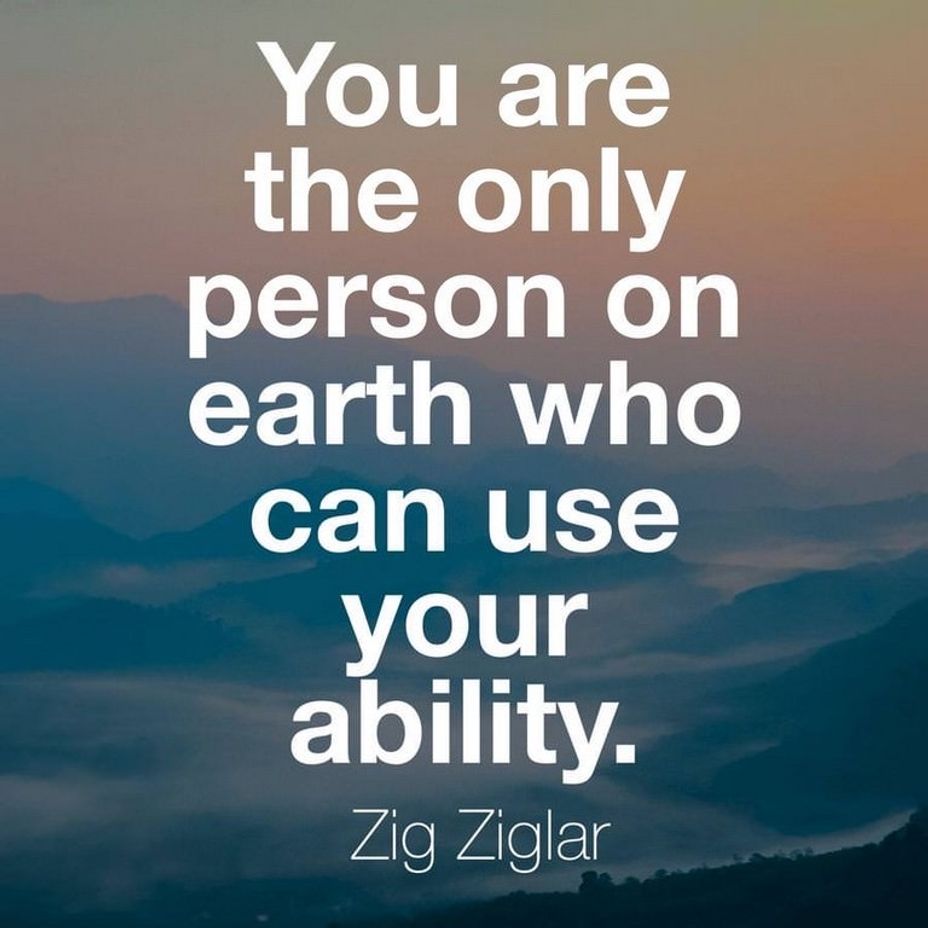
Lesson from my accident #4 . The misery of comparison #Depression #Anxiety #Healing #Relationships #FamilyAndFriends #MentalHealth
While I was doing inpatient rehabilitation I encountered some people who expressed frustration that I seemed to be recovering faster than they were.
I reminded them that their surgery was different to mine, we have different ages and every person’s journey is different.
I encouraged them to keep pressing on. And there were days when pain management seemed impossible and they would encourage me.
We tend to judge people on their actions and judge ourselves on our intentions.
Comparison leads to misery. We never really know what is going on in people’s lives. Facebook and Instagram tend to focus on the good times people experience so they are a bad gauge of reality.
You matter. You are loved. You are unique and that is absolutely marvellous!!!
I am: Deserving
I am deserving of all the good that life has to offer.
For decades, I didn’t believe it. I measured my worth by what I endured, by how much I gave, by how well I survived. I learned that goodness had to be earned through suffering. Pain became proof. I held it close, convinced that survival alone justified my place.
I remember mornings in the quiet house, tea gone cold, replaying every failure. I remember declining a dinner invitation because I hadn’t finished enough work that day, as though companionship had to be earned through productivity. My mind whispered that I was only entitled to struggle, that joy was reserved for those who hadn’t stumbled. For years, I listened.
But slowly, I began to notice moments that didn’t fit: a sunrise that caught me unaware, a friend’s laughter spilling across a room, a smile from someone who owed me nothing. These moments weren’t rewards. They were just good. They existed outside merit, beyond suffering.
I began to unlearn.
I noticed the ways I resisted joy, how I held back anticipating disappointment. I wasn’t practicing gratitude; I was preparing for debt, expecting any ease to be balanced with pain. But good things are not contingent, and joy does not require proof. Love is not a punishment waiting to be collected.
I do not need to prove myself to receive. I do not need to demonstrate resilience or perfection to earn a warm cup of coffee, a quiet afternoon, or a conversation that lingers into laughter. Being here, continuing, choosing to live with intention: this is enough.
There are still mornings when this belief feels fragile. I flinch at ease, waiting for loss to follow. But each time I linger in the warmth of kindness or the brilliance of a sunset, I practice receiving without guilt. I open my hands, not in expectation but in readiness, and I let life arrive as it will.
This is a quiet liberation: understanding that goodness is not a reward but part of the rhythm of living. It is as natural as breathing, as necessary as water, as rightful as the space I occupy. The world does not tally my struggles to calculate my share of happiness. Good things arrive, unbidden and unearned, when I allow them.
So I practice. I take joy in small things. I let moments linger. I smile at nothing. I answer kindness with acceptance rather than suspicion. I breathe in the world as it comes, understanding that life’s goodness is not conditional, and neither is my right to it.
This practice has become essential to my wellness. For years, I approached self-care as penance, something to fix what was broken rather than nurture what was whole. But recognizing that I deserve goodness shifts everything. When I begin my day affirming my worthiness, I stop treating rest as laziness and joy as indulgence. I allow myself nourishment without guilt, boundaries without apology, pleasure without justification.
It transforms how I move through the world, making space for what sustains me: the morning walk I take not to earn my breakfast but because my body deserves movement and light; the time I spend reading, creating, or simply sitting in stillness because my mind deserves peace; the relationships I cultivate because connection is a fundamental human need, not a reward for good behavior.
Wellness, I have learned, is not about perfection or punishment but about tending to myself with the same compassion I would offer a friend. It begins with this single, revolutionary belief: I am deserving of care, of kindness, of all the good that life has to offer.
#MentalHealth #MentalHealthAwareness #Depression #BipolarDisorder #Recovery #Selfworth #Selflove #Healing #PersonalGrowth #Mindfulness #resilience #mentalhealthmatters #Endurance #Joy #Gratitude #wellness #LifeLessons #innerstrength #Survivor #EmotionalHealth
I'm new here!
Hi, my name is Shane, Founder of 17 Days. I'm here because grief changed my life in ways I didn't expect.
I lost my healthy 43-year-old wife to Metastatic Breast Cancer in only 17 Days. I felt grief, depression, anxiety, PTSD from previous childhood traumas, but nothing like this. In the years after, I have turned this pain into purpose by helping others as an author, public speaker, grief coach & grief advocate.
I'm also changing the way people look at and feel about grief by introducing and identifying the "Survival Phase" of grief and encouraging people to wear their stories through 17 Days clothing brands "Widow Wear" & "Cancer Collection".
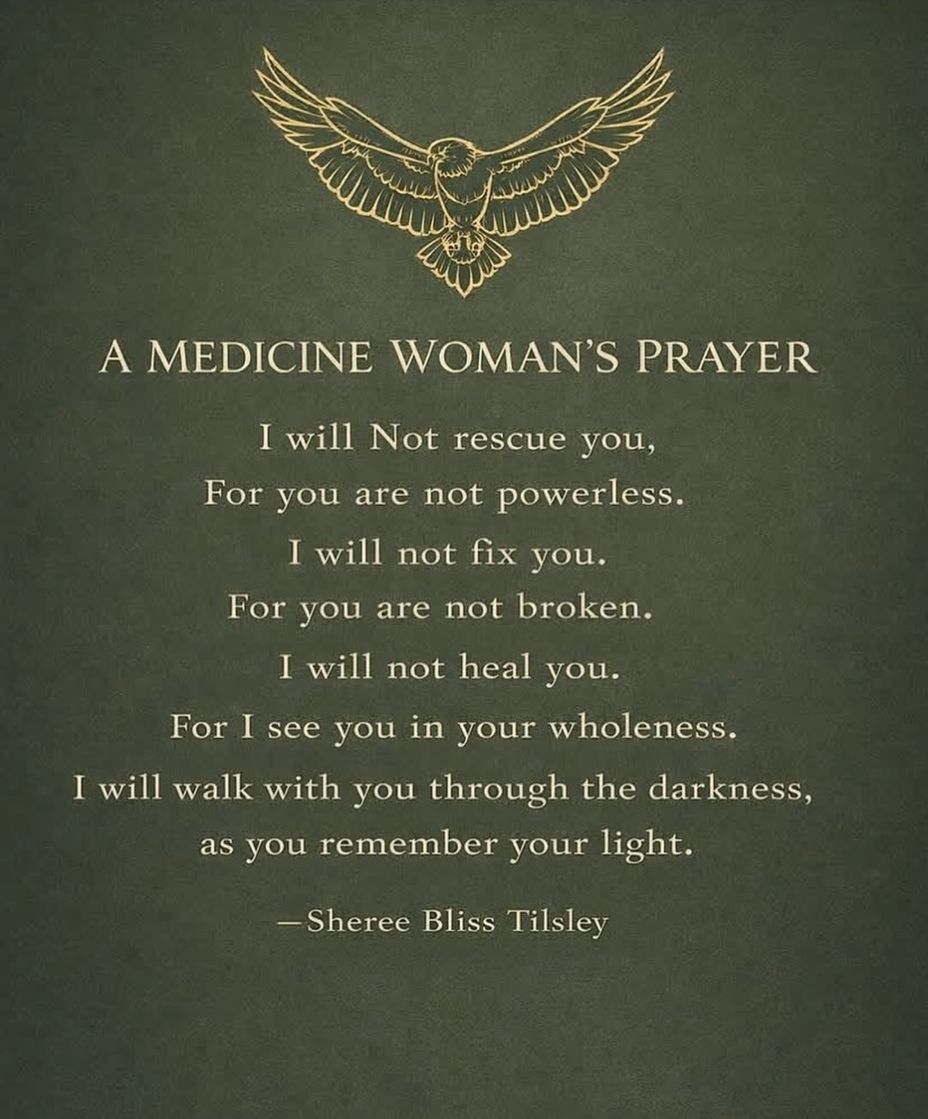
I Will Not Rescue You: Reclaiming Power in Healing By BigmommaJ
There is a quiet strength in the words “I will not rescue you.”
At first, they can feel sharp—almost dismissive—especially for those of us who have spent a lifetime surviving trauma, addiction, mental illness, or systems that failed to protect us. But when read through a healing lens, these words are not abandonment. They are empowerment.
A Medicine Woman’s Prayer does not deny pain.
It refuses to define us by it.
You Are Not Powerless
So many people who come from trauma—especially childhood trauma, child welfare involvement, domestic violence, or addiction—are conditioned to believe they are broken.
Systems often reinforce this belief by focusing on deficits instead of resilience.
But healing does not begin with being rescued. It begins with remembering that you have always had agency—even when it was stripped from you.
The line “For you are not powerless” speaks directly to those who were silenced, controlled, or made to feel small. Trauma teaches learned helplessness. Healing teaches reclamation.
You Are Not Broken
This may be the hardest truth to accept. When we have been diagnosed, institutionalized, addicted, abused, or repeatedly told we are “too much” or “not enough,” brokenness becomes an identity. But trauma is not a character flaw—it is an injury.
And injuries heal.
“I will not fix you. For you are not broken.” This is a reminder that healing is not about becoming someone new. It is about returning to who you were before the world taught you to disconnect from yourself.
Healing Is Not Done To You
One of the most damaging myths in mental health and recovery spaces is the belief that someone else must save us.
While support is essential—therapy, community, medication, treatment—true healing is participatory.
No one heals for you
The medicine woman does not position herself as the cure. She offers presence. She offers companionship. She offers safety—but not control.
This mirrors trauma-informed practice at its core:
Empowerment. Choice. Collaboration. Trust.
Walking Through the Darkness Together
Healing does not mean avoiding darkness. It means not walking through it alone. “I will walk with you through the darkness, as you remember your light.”
This line reflects what real support looks like—whether in therapy, recovery, parenting, or community work. Not fixing. Not rescuing. Not judging.
Just walking beside someone as they reconnect with their own strength.
This is especially important for those navigating addiction and recovery. Substance use often begins as an attempt to soothe pain, regulate emotions, or survive unbearable circumstances.
Recovery is not about shame—it is about reconnection.
A Reflection from My Own Journey
As someone who has lived this work—not just studied it—I know how tempting it is to wait for someone to save you. I also know how devastating it feels when no one does.
But I have learned this:
The moment I stopped seeing myself as broken, I started healing.
The moment I stopped waiting to be rescued, I started rebuilding.
Not alone—but empowered.
This Is the Work of Rise Above Your Norm
This prayer reflects the foundation of the work I am building—personally and professionally. Healing is not about dependency. It is about sovereignty.
Whether you are surviving mental illness, recovering from addiction, navigating trauma, or rebuilding after loss—your light was never extinguished.
It was waiting for you to remember it.
A Call to Action
If you are reading this and feel unseen, unworthy, or tired of trying to be “fixed,” let this be your reminder:
You are whole—even in your healing.
You are powerful—even in your pain.
And you do not need to be rescued to rise.
You only need someone willing to walk with you until you remember your own light.
—
BigmommaJ
#Healing #Survivor #MentalHealth #Addiction
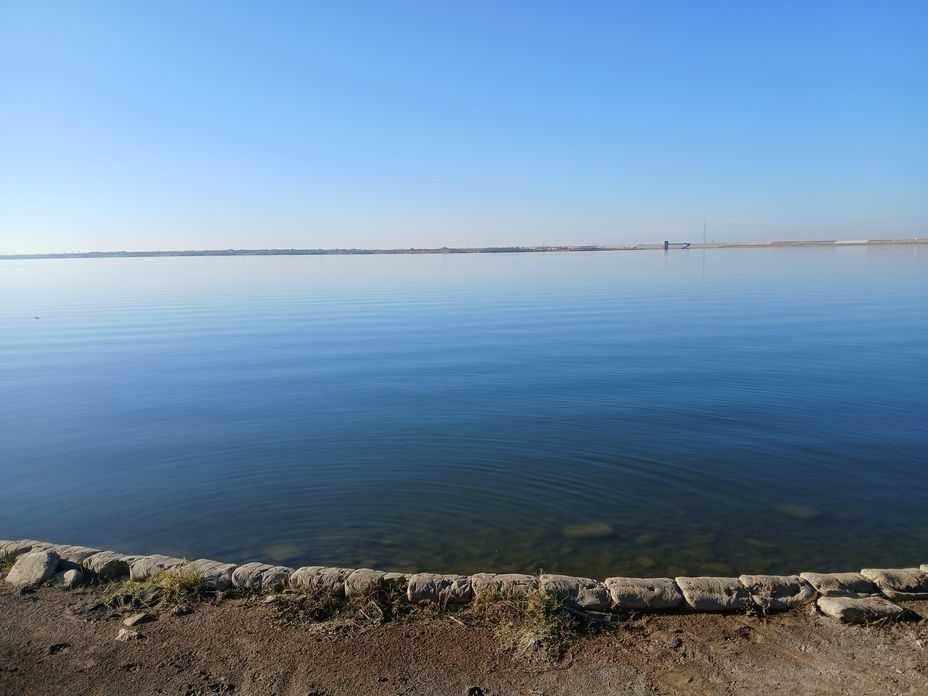
Change Your Mind
Change the way you think, you'll change the way you talk.
Change the way you talk, you'll change the way you live.
Change the way you live, you'll change your entire life.
Real change comes from within. It all starts with your mindset. I know its so hard to do this. I've been working on changing my mind about myself for years. I had major automatic negative thoughts about myself and such low self esteem, it completely shaped how I thought about myself and how I lived my life. Now I think positive about myself and its changing my entire life for the best. I had to start with my thoughts and changing my own mind.
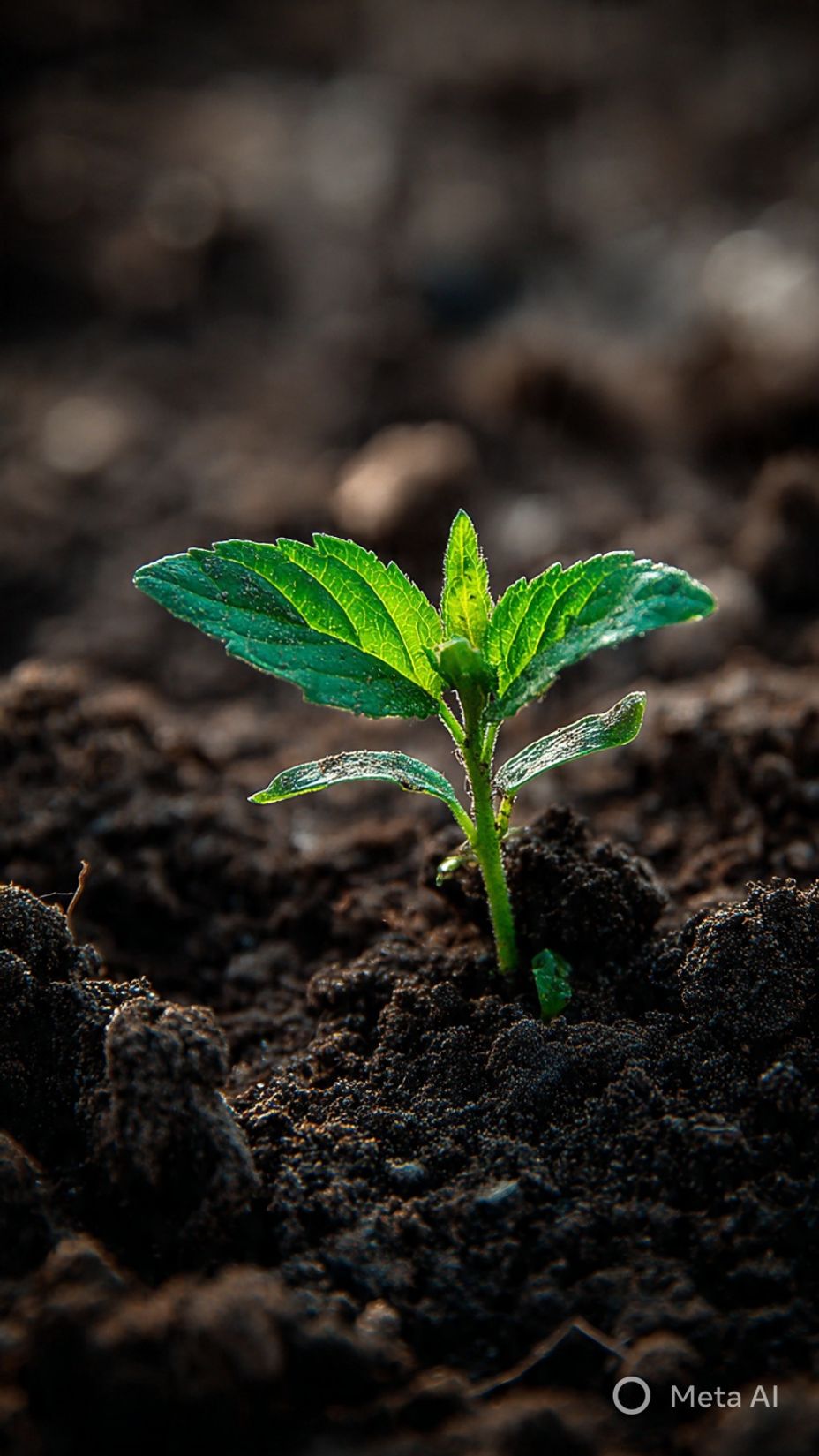
Healing
Healing takes time, diligence and patience. Its tedious and slow. Be gentle with yourself. Water yourself, grow your roots deep and reach up towards the sun.
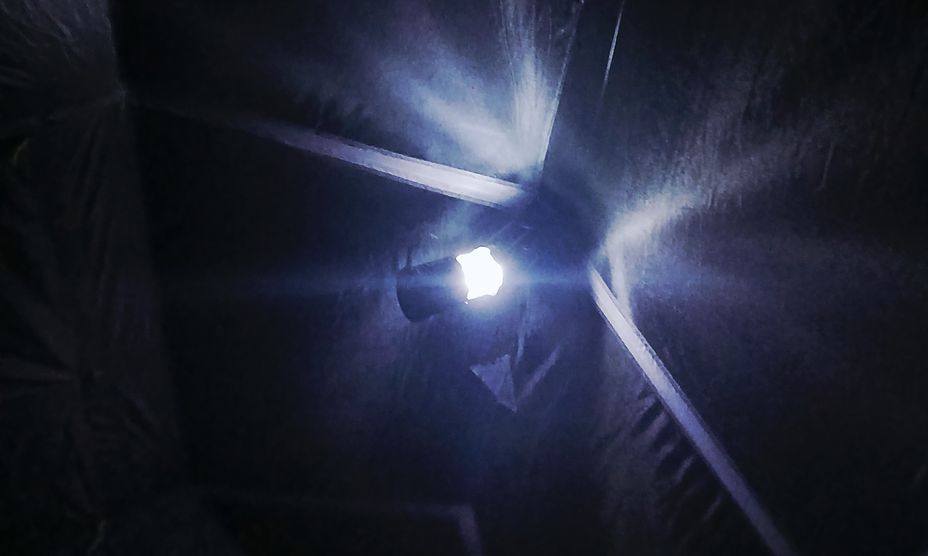
Light in the dark
Move towards the light. Keep your eyes fixed on it and don't lose sight.
